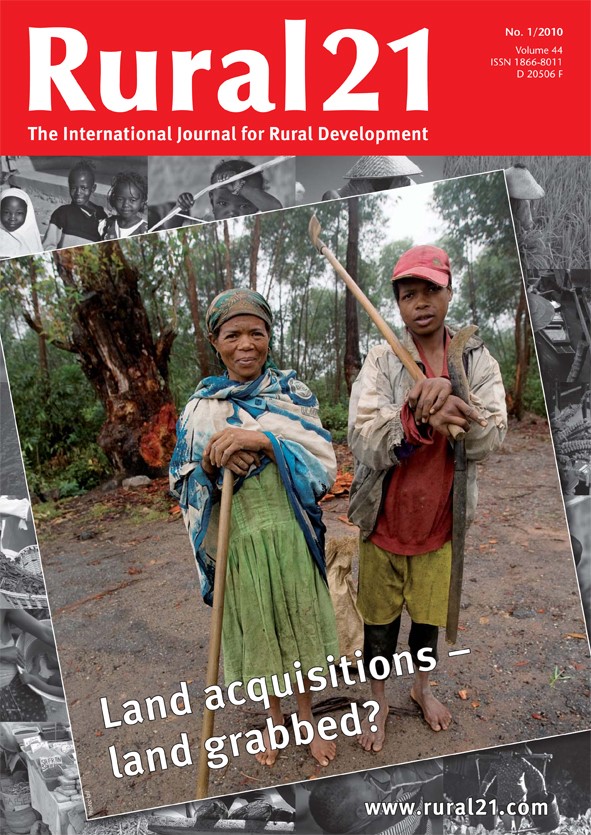New challenges for ACP countries?
Land is an asset of enormous importance for billions of rural dwellers in the developing world. Recent trends are prompting a massive increase in global commercial interest in land and natural resources, and this is creating unprecedented pressures on land resources, especially in developing countries.




